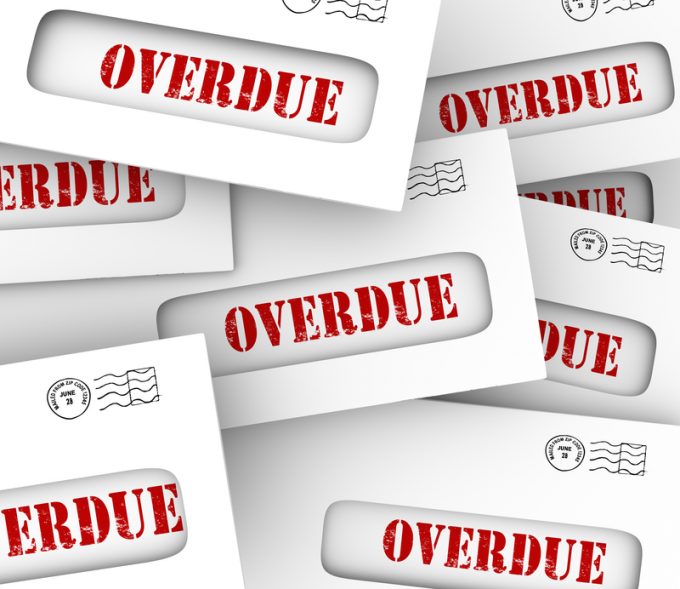Airfreight forwarding a better bet than ocean for investment this year
Forwarders more focused on airfreight will fare better this year than those with a higher ...

DHL is among five companies to be removed from the UK’s Prompt Payment Code (PPC) after failing to pay suppliers on time.
The move was announced on Sunday by the UK’s Chartered Institute of Credit Management (CICM), with 12 further companies being suspended from the PPC.
A DHL spokesperson told The Loadstar: “We are looking into this and are working to resolve the issue as soon as possible.”
Under the CICM-administered PPC, companies commit to paying 95% of all supplier invoices within 60 days ...
Transpacific sees first major MSC blanks as rates fall and volumes falter
'It’s healthy competition' Maersk tells forwarders bidding for same business
Opposition builds for final hearing on US plan to tax Chinese box ship calls
White House confirms automotive tariffs – 'a disaster for the industry'
New price hikes may slow ocean spot rate slide – but for how long?
Supply chain delays expected after earthquake hits Myanmar
Good start for Gemini, liner schedule reliability data reveals

Comment on this article